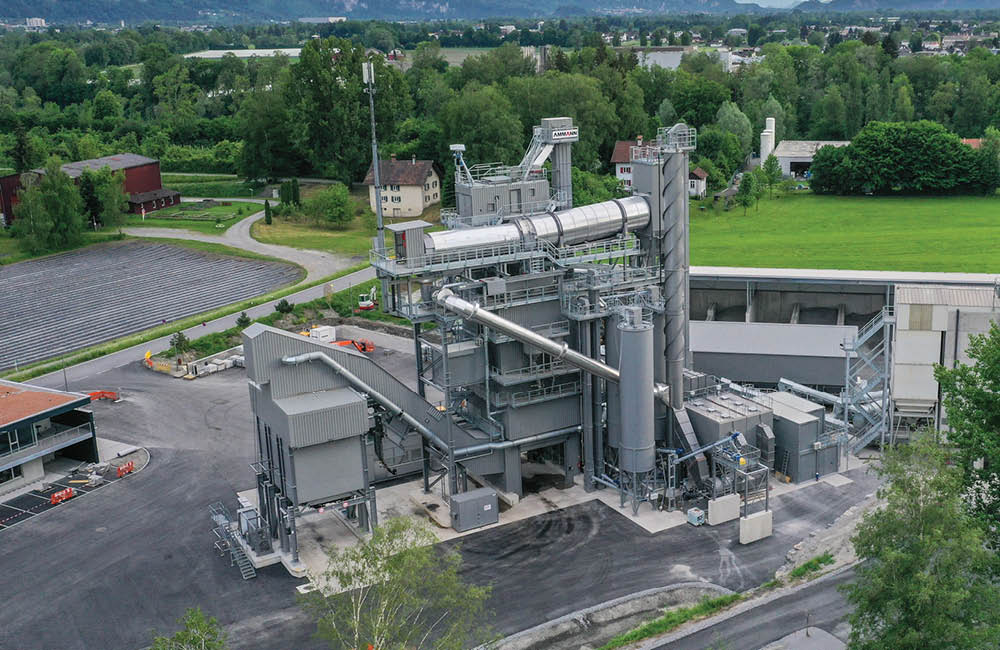
A recent Supreme Court case in the UK about mineral trespass raises some interesting issues for the aggregates industry. Mark Richardson reports
July this year saw the resolution in the UK Supreme Court of a case involving a landowner, Bocardo, and an oil company,
Star Energy held a licence from the UK Crown to search for, bore and extract oil from an onshore oilfield, part of which lay under land owned by Bocardo. Star Energy drilled access pipes at an angle from outside Bocardo's estate and they entered Bocardo's land at a depth of around 240m, finishing at around 700m.
At no point did Star Energy ask permission to lay pipes under Bocardo's land, nor did it negotiate any agreement for access or apply for any ancillary right to allow it to extract oil. As a result Bocardo issued a claim for trespass. Star Energy claimed there was no trespass because its activities took place so far underground and did not disturb the surface. But the High Court disagreed, concluding that Bocardo's title to the land extended to the strata beneath the land's surface at any depth, so there had indeed been a trespass.
Having established trespass, the court turned its attention to compensation. The issue was what Bocardo had actually lost, which the judge in the case decided was its right to negotiate an access agreement with Star Energy. He awarded Bocardo 9% of the £7million of oil extracted so far, which was just over £620,000, together with payments for future oil extraction (calculated on the same basis) until the well was exhausted.
Not surprisingly Star Energy appealed. The Court of Appeal held 'with reluctance' that trespass had occurred, even though Star Energy's activities had not impacted on Bocardo's use or enjoyment of its land 'one iota'.
But the Court of Appeal took a very different approach to compensation. It looked at what the likely outcome would have been had Star Energy approached Bocardo to negotiate an access agreement in the first place, and decided that the standard compulsory purchase compensation was the appropriate measure of damages.
Under the UK's Mines (Working Facilities and Support) Act 1966 the compensation attributable to a deep tunnel was £50. This was increased by 50% because the oil company had an extraction licence, and by 10% as required under the Petroleum (Production) Act 1934. This gave a grand total of £82.50. However, the court felt that this figure should be increased to reflect what would most likely have happened had a commercial negotiation taken place, and awarded Bocardo £1,000.
Not surprisingly Bocardo appealed to the Supreme Court over the level of damages, while Star Energy appealed on whether a trespass had actually occurred. The Supreme Court unanimously upheld the trespass, but it also upheld the level of damages at £1,000.
Of course the Bocardo case relates only to trespass below land by onshore drilling, and only in England and Wales, but it raises some interesting issues. It establishes that where such a trespass has not interfered with the landowner's use of the land, the compensation awarded is likely to be small.
And it establishes that the owner of the surface land also owns everything beneath it, however far down, unless the minerals have been sold or belong to someone else as a matter of common law or, as in this case, statute. The Court has also sent a clear message that companies seeking to extract minerals should attempt to make private arrangements with landowners.
Stephen Scowns recently advised on a case where a minerals company had been accused of working underneath a neighbouring owner's land, albeit accidentally.
The client was advised that if trespass was proved then damages might be claimed. As with Bocardo, if underground workings have little effect on the landowner's use or enjoyment of the land then damages are likely to be small.
Such damages may include the value of the minerals which have been taken, but the actual calculation would depend upon whether the taking was deliberate or not.
In the case of a non-deliberate act, the sum to be paid would be the value of the minerals less the costs of getting, severing and raising those minerals.
If there had been physical damage to the land above as a result of the trespass, a sum to reflect the diminution in value of the land could be sought and this could be substantial if it was development land.
All of these cases revolve around different circumstances but the central message is the same - ensure you have all necessary consents and monitor your activity closely so you do not stray beyond those permissions.








